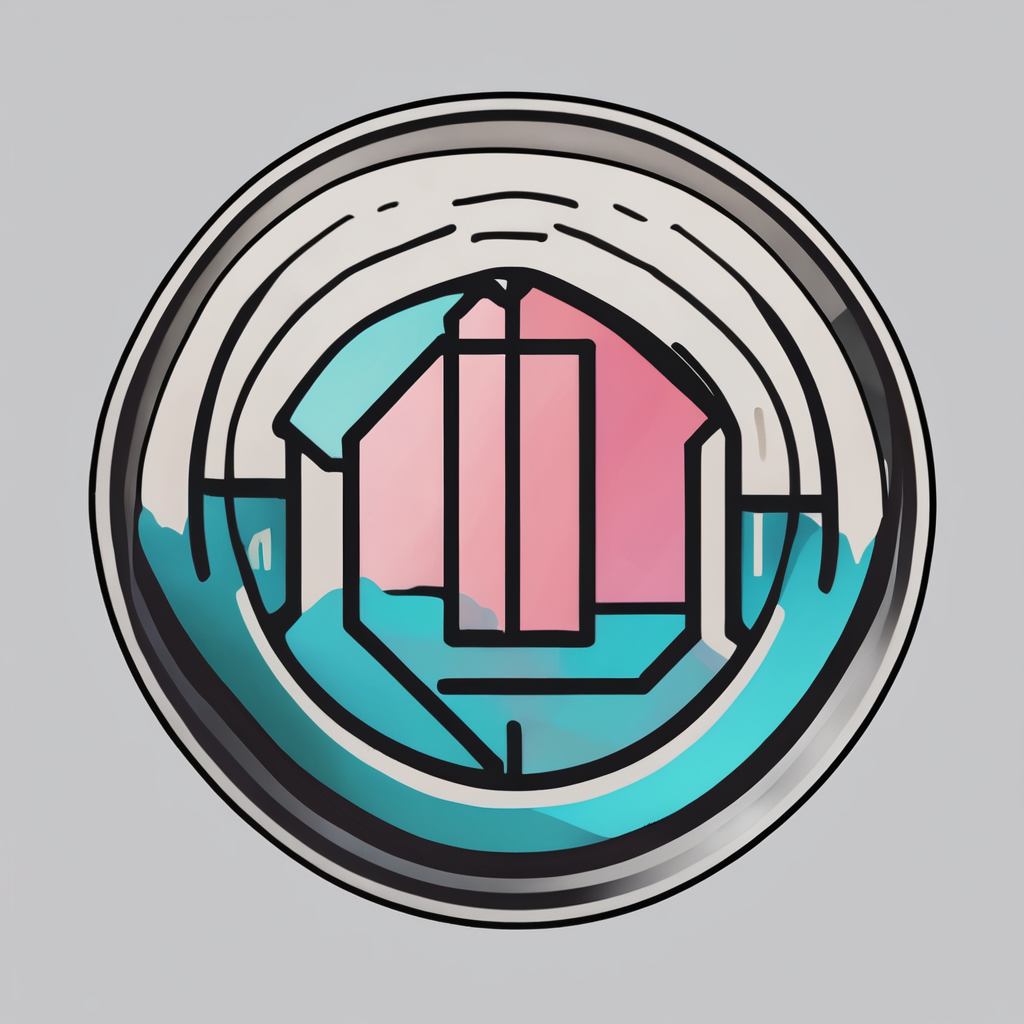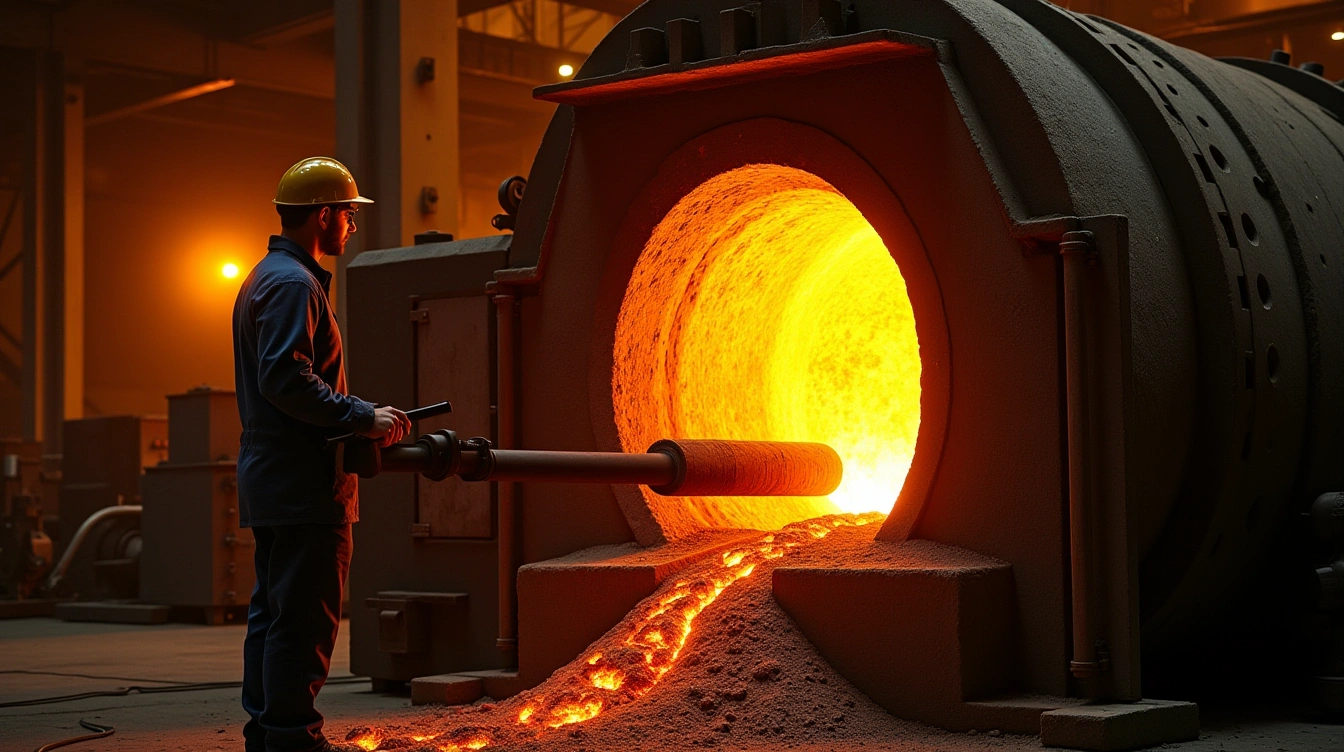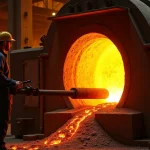Finding refractory materials that precisely match your industry’s demanding conditions can transform operational efficiency and equipment longevity. Tailored designs address unique thermal, chemical, and mechanical challenges, ensuring optimal performance where standard solutions fall short. Custom refractory products offer not only improved durability but also flexibility, adapting to specific environmental stresses and pushing the boundaries of what refractory technology can achieve.
Premier
On the Mxs-refractories website emphasizes the importance of customized refractory products in high-temperature industries. These tailored solutions include engineered high-temperature systems and industry-specific refractory applications, meticulously designed to meet exact operational needs.
Also to discover : What skills are essential for success in the UK business services sector?
The process begins with detailed consultation, where critical factors like chemical exposure and mechanical stress are evaluated. This helps recommend optimal refractory material selection guidance and design solutions. Clients often choose from a core range of materials and submit precise drawings for prototype development.
Testing occurs on-site, providing real-world validation before final production. Once customers approve the prototype, Vulcan ensures strict adherence to refractory testing and quality control standards, delivering durable, corrosion-resistant coatings and advanced ceramic fiber products. Adopting custom refractory solutions enhances thermal efficiency, operational longevity, and safety.
Also read : How do UK business services foster innovation in traditional industries?
Overview of Custom Refractory Solutions for Industrial Applications
Custom refractory design services are essential in industries where extreme heat and chemical exposure threaten equipment and operations. Tailored fireproof materials engineered for heat containment engineering and customized kiln and furnace linings enable equipment to withstand aggressive thermal cycles, corrosive atmospheres, and high mechanical loads.
The primary advantage of personalized heat-resistant linings lies in unmatched adaptability—they are optimized for each facility’s conditions. This kind of industry-specific refractory application supports operational reliability by integrating advanced ceramic fiber products, high-performance insulating bricks, and durable corrosion-resistant coatings. Facilities benefit from improved refractory thermal efficiency improvement, boosting energy efficiency and supporting compliance with refractory industry standards.
Industries such as steel, cement, glass, petrochemical, and energy rely on heavy industrial refractory solutions to extend equipment life and maximize productivity. Refractory engineering for metal industries, refractory solutions for cement plants, and custom refractory solutions for glass manufacturing are just a few examples demonstrating the diversity of engineered high-temperature solutions designed for specific operational needs.
Precision in refractory material selection guidance and refractory testing and quality control promotes refractory system durability improvement, ensuring optimal safety and resilient performance in massive industrial environments.
Designing and Developing Custom Refractory Products
Consultation and Material Selection Process
Effective refractory material selection guidance starts with an in-depth consultation. Key operational parameters like temperature range, chemical exposure, and mechanical stresses are gathered to inform the choice of tailored fireproof materials. Experts in refractory project consulting evaluate these needs, referencing industry standards to recommend innovative thermal insulation techniques and industry-specific refractory applications. Close collaboration ensures that custom refractory fabrication aligns seamlessly with client drawings and performance targets.
Prototype Development and Testing
Once specifications are agreed, custom refractory design services move to prototype development. Advanced ceramic fiber products and customized kiln and furnace linings are shaped for initial builds. These prototypes undergo thorough on-site testing at client facilities, targeting wear resistance, thermal stability, and mechanical strength. This vital phase evaluates the real-world suitability of engineered high-temperature solutions before committing to full-scale manufacturing.
Final Production and Quality Assurance
Following client approval, production of customized refractory shapes and sizes proceeds under strict refractory testing and quality control measures. Each batch is checked for refractory system durability improvement and compliance with refractory industry standards. The process guarantees energy-efficient refractory systems, high-performance insulating bricks, and durable corrosion-resistant coatings, all while prioritizing safety, efficiency, and lasting value for demanding furnace, kiln, or power generation needs.
Industry Applications and Case Studies of Custom Refractory Solutions
Steel Industry Refractory Applications
Steel production environments demand engineered high-temperature solutions to protect assets under constant thermal and mechanical stress. Advanced custom refractory design services ensure furnaces, converters, and ladles withstand severe conditions, extending operational periods between maintenance. By introducing strategic refractory wear resistance enhancement, one facility increased furnace life by over 40% using tailored fireproof materials and refractory solutions for steel plants. Optimized refractory installation and maintenance schedules addressed thermal shock risk, helping minimise downtime and control repair costs. Using customized kiln and furnace linings, operators rapidly respond to evolving technology requirements, carrying out proactive refractory repair and refurbishment.
Cement and Glass Industry Solutions
The cement and glass sectors present high abrasion and repeated thermal cycling challenges. Refractory solutions for cement plants feature high-performance insulating bricks and innovative thermal insulation techniques. Custom refractory solutions for glass manufacturing extend production runs and maintain product consistency through tailored fireproof materials. Case studies reveal that enhanced refractory lining design optimization led to measurable drops in energy use and improved heat containment engineering in large-scale operations.
Petrochemical and Power Generation Sectors
In petrochemical and energy generation settings, refractory solutions for boilers and incinerators benefit from durable corrosion-resistant coatings and heat containment engineering. These industry-specific refractory applications focus on long-term safety, corrosion protection, and sustainability. Refractory materials for high-temperature furnaces and customized refractory shapes and sizes improve resilience against varying chemical exposures. Performance outcomes frequently highlight increased system reliability and reduced unplanned outages due to advanced refractory solutions.
Ensuring Quality, Durability, and Sustainability in Custom Refractory Solutions
Testing and Inspection Protocols
Refractory testing and quality control processes begin with non-destructive testing techniques, such as NDT, to assess installed linings without causing damage. These methods are vital for verifying integrity in custom refractory design services, ensuring heavy industrial refractory solutions withstand operational demands. Laboratory durability assessments follow, targeting thermal shock, chemical resistance, and mechanical wear. Routine performance monitoring enables real-time detection of wear or failure in refractory solutions for furnaces, kilns, and other industry-specific refractory applications.
Durability and Longevity Strategies
Material selection is critical; advanced ceramic fiber products and high-performance insulating bricks boost refractory durability testing outcomes. Effective refractory solution ROI analysis depends on regular refurbishment, optimized refractory installation and maintenance, and use of tailored fireproof materials. Maintenance programs and engineered high-temperature solutions are structured to promote refractory system durability improvement and maximize service intervals.
Sustainability and Environmental Impact
Refractory solution environmental considerations are integrated from the start, prioritizing eco-friendly materials and energy-efficient refractory systems. Compliance with refractory industry standards ensures minimal environmental footprint, while innovative thermal insulation techniques and waste reduction strategies further the sustainability of custom refractory shapes and sizes in high-demand sectors.


